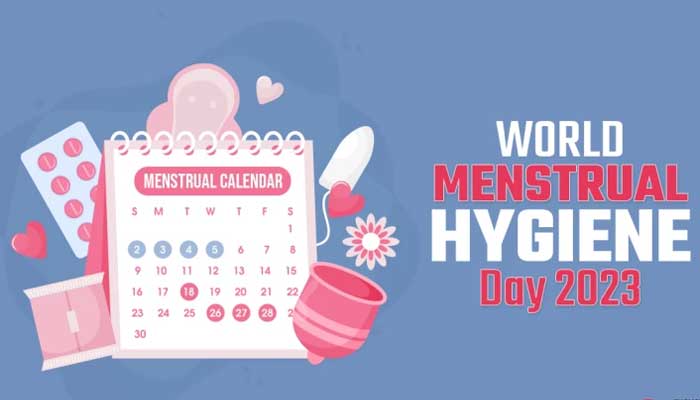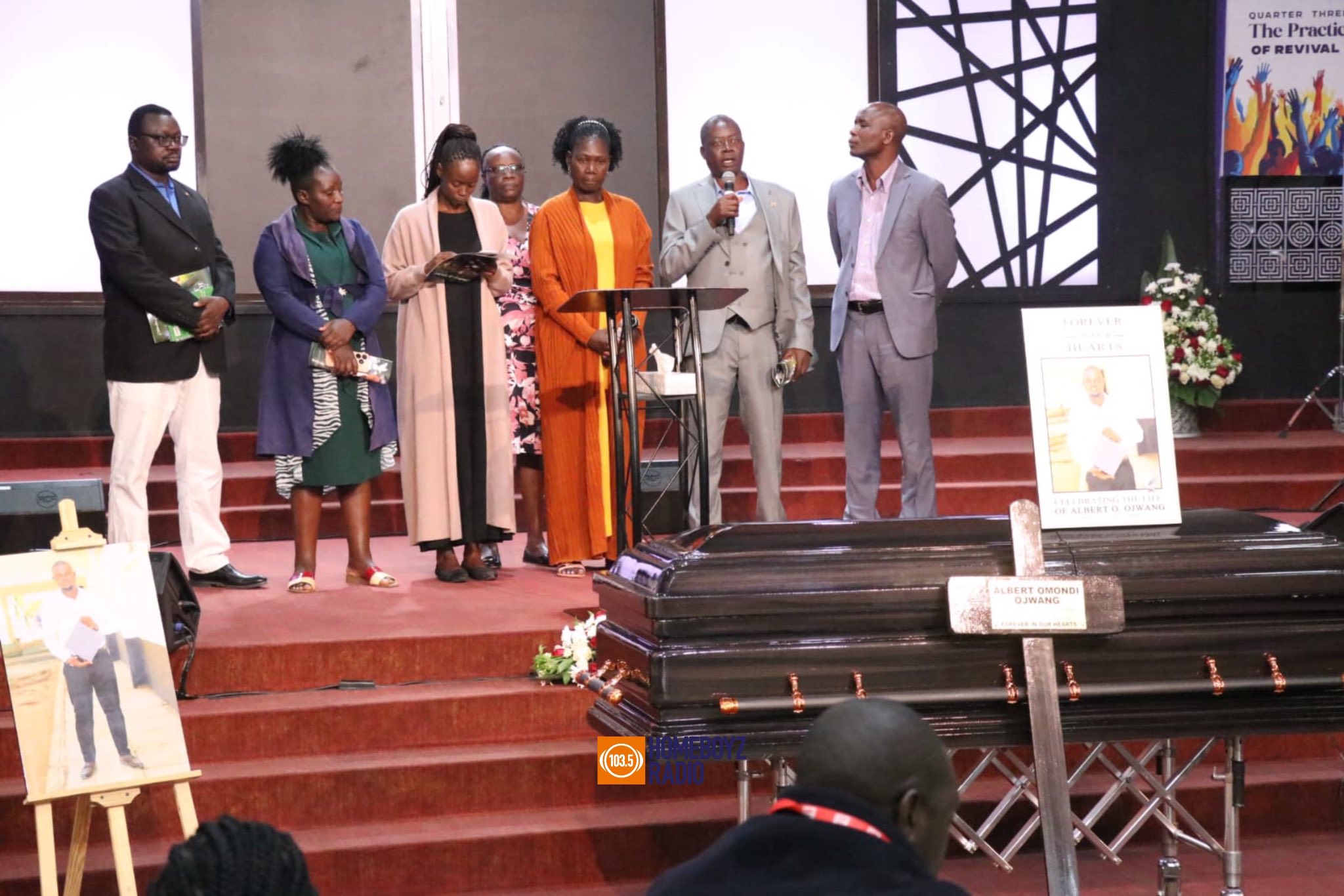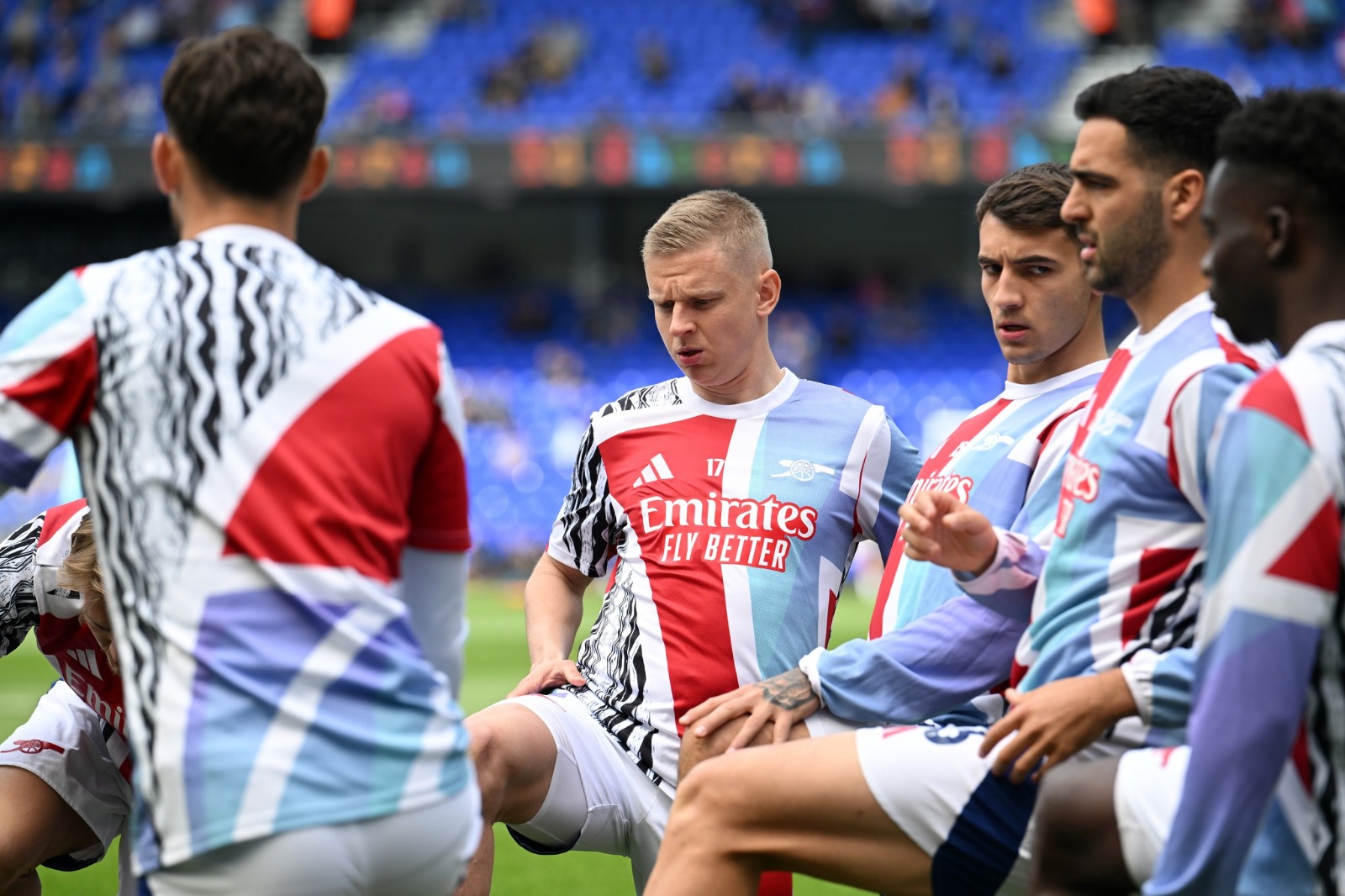Women With Disabilities Most Affected By Period Poverty

Women and girls with disabilities are most affected by lack of access to sanitary hygiene products than the other population all over the world.
This, according to stakeholders, is occasioned by a lack of public awareness, culture, climate change, and high cost of living which have contributed to an increase in period poverty.
The United Nations Children’s Fund (UNICEF) describes period poverty as a situation where teenage girls and women can’t afford to buy period products or don’t have access to them and as a result, they suffer in silence.
Menstrual hygiene is marked on May 28 annually to raise awareness of the need for empowering women and dispel the myths and taboos about menstrual health.
A specific theme is chosen for World Menstrual Hygiene Day to focus on different aspects of menstrual hygiene management. The 2023 Menstrual Hygiene Day theme is making menstruation a normal fact of life by 2030.
During a two-day event dubbed "Nanyuki menstrual hygiene summit" sponsored by the Drawing Dreams Initiative and partners to mark the day, the Laikipia East Assistant County Commissioner Kimberly Champagne noted that women with disabilities suffer in silence because they believe it is taboo for them to speak out publicly about periods hence denying them a quality life.
Ms. Kimberly called for partnerships from stakeholders to support women's and girls' access to pads since it was their basic reproductive health right.
Laikipia county governor’s wife Grace Wakahora Irungu on the other hand said her office is committed to supporting local communities in making accessibility of menstrual health and products possible in the region and ensuring young girls and women regain their menstrual dignity.
“We will partner with like-minded stakeholders to ensure our adolescent girls regain their menstrual dignity in a bid to achieve menstrual health for our girls,” said the governor’s wife.
On her part, Laikipia County chief education officer Beatrice Wachira said that boys should also be involved in menstrual health education and should not be left out, and when girls are being offered sanitary kits, boys too can be given underwear since most of them come from humble backgrounds and cannot afford to buy undergarments.
Drawing Dreams Initiative, a community-based organization in Laikipia County Director Grace Wanene said that 65 percent of women and teenage girls in Kenya could not access or buy sanitary products and 72 percent of boys lacked awareness about reproductive health education which had led to an increase of period poverty.
“Our goal is to bring all prayers together aimed at getting solutions and ideas to address period poverty since the majority of women in Kenya can’t afford menstrual products,” she said.
Drawing Dreams CBO supports teenage girls in Laikipia and neighboring counties of Isiolo and Samburu to access sanitary products to avoid school dropout and early marriages.
SOURCE: KNA
Tags: Un Signstv Unicef World Menstrual Hygiene Day


